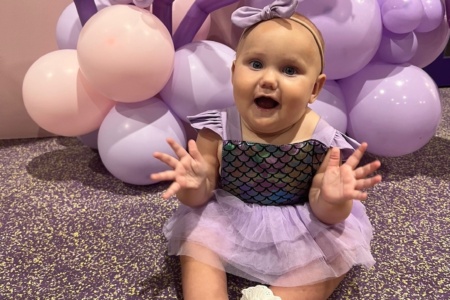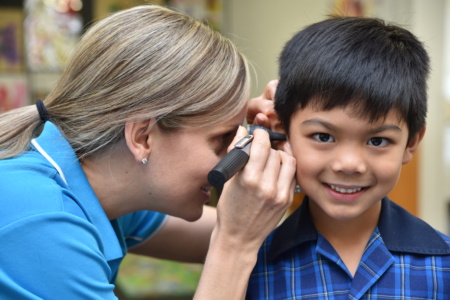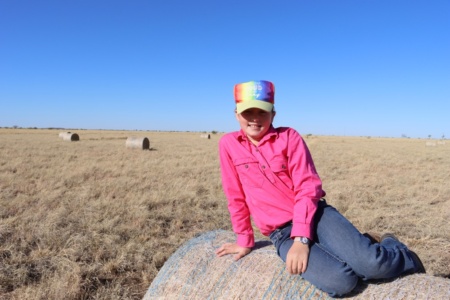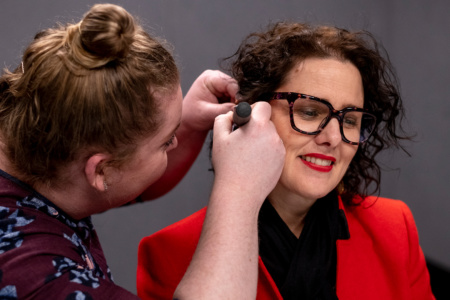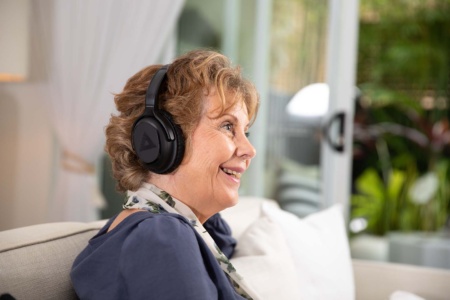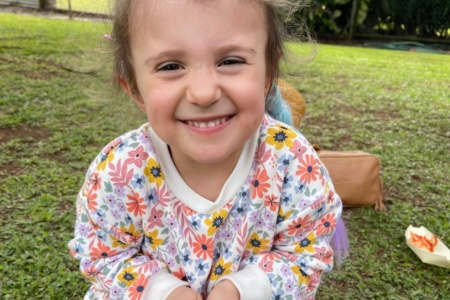Collaborators
Faculty of Health and Behavioural Sciences, The University of Queensland
- Associate Professor Wayne Wilson, Associate Professor in Audiology
- Associate Professor Anthony Angwin, Associate Professor in Speech Pathology
- Dr Wendy Arnott, Honorary Research Senior Fellow
- Nicola Bell, PhD student
Hear and Say
- Dr Dimity Dornan AO, Executive Director and Founder
- Ms Emma Rushbrooke, Clinical Director
- Anna Hyland, Research Assistant and Listening and Spoken Language Specialist
- Amy Russell, Senior Clinician, Listening and Spoken Language Specialist
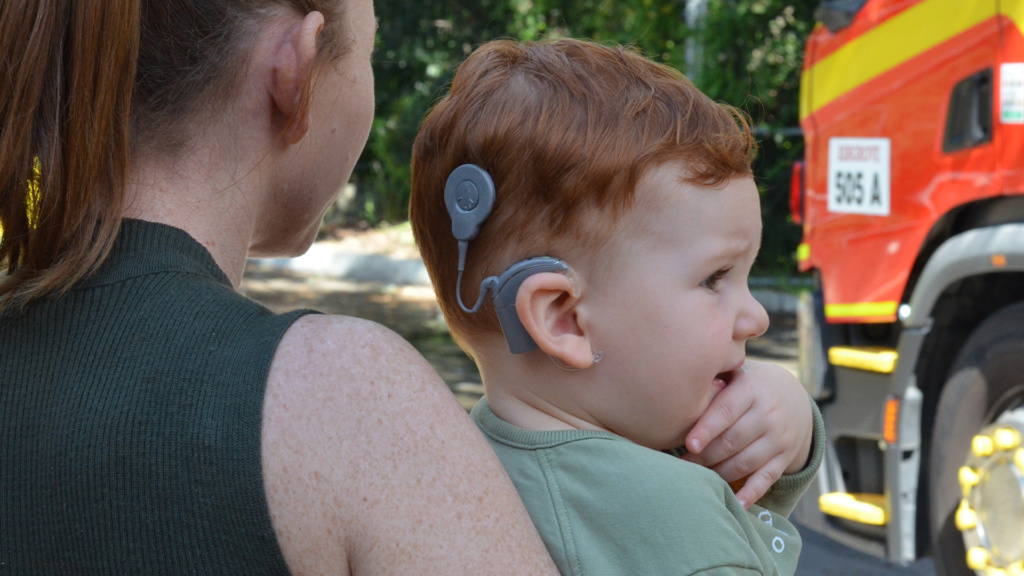
What does this research investigate?
The research examined the children’s early reading and spelling skills and compared them to children of a similar age and chronological and mental age group with normal hearing. This research is the first to directly compare these two groups and provides a clear indication of how our children with cochlear implants track against their peers with natural hearing after they graduate from early intervention. It is also the first study to examine how the children’s brains process word meaning and rhyme.
Key findings
This research found that children with cochlear implants, who had access to listening and spoken language, had similar reading comprehension and spelling skills to their peers but performed significantly worse with respect to word reading accuracy. With respect to the processes underlying reading and spelling, the findings suggest that children with cochlear implants are able to use their visual systems to store and recall written words in a normal manner, for example reading and spelling sight words or words that cannot be sounded out such as ‘yacht’. However, they experience difficulties using their phonological systems to store and recall the sounds within words and their phonics knowledge (converting letters to sounds and vice-versa). Sounding out words, a skill critically important for reading new words, draws heavily upon these sound-based subskills and so may be problematic for some children with cochlear implants.
Impact
Prior to Nicola’s research, very little was known about outcomes for children after five years of age who had received early listening and spoken language intervention. These findings provide important and unique insights into children’s development and continued improvement to our Early Intervention program to further support the children’s phonological development and ultimately lead to better literacy outcomes for all.
Publications
Nicola Bell completed her PhD on “Literacy Development in Children with Cochlear Implants”, which followed children with cochlear implants who were receiving early listening and spoken language therapy. The following scientific journal publications were born out of this research project.

